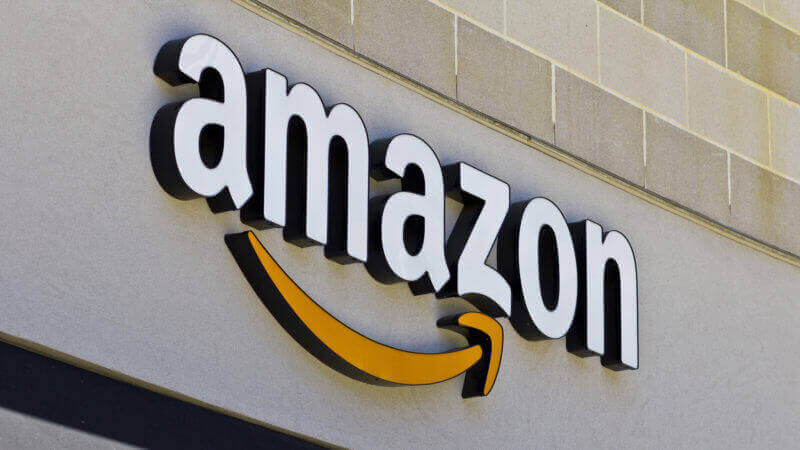
Speculation persists on the possibility of Amazon’s entry into travel. The mighty e-commerce giant shuttered operations of Amazon Local and Amazon Destinations in 2015 after neither service captured traction with online customers and travel suppliers in the heavily discounted flash sales model and crowded last-minute getaways market.
NB: This is an article from NextGuest Digital
The merits of re-entering the travel market in 2019 are questionable given powerhouses like Google, Expedia, Booking.com and the big hotel brands. So what should Amazon’s next move be? The answer is to acquire Airbnb. Amazon has already made several strategic moves in travel. If and when Amazon acquires Airbnb, the move will be to further penetrate its core business rather than its love of travel.
Complementary and additive businesses
The Airbnb platform used by millions of hosts is basically a revenue-tracking and performance system to run a business. Plug in a service like Amazon Prime and you introduce the ability to track expenses. The two platforms are complementary and if unified can offer a P&L for hosts to track key business metrics and optimize profitability. Add 150 million travel users of Airbnb for retail opportunities – that exotic bungalow near Machu Picchu calls for hiking boots and rain gear. Bring the marketplace to the end customer and let the travel transaction complete the real customer journey.
Key placements of key people
In the past year, two key people from Amazon’s executive team have migrated to Airbnb. Greg Greeley led the Amazon Prime division and oversaw wild growth during his 18-year tenure. He now oversees the Homes division of Airbnb, including the Airbnb Plus program offering vetted vacation rentals with more hotel-like services. A qualified host will have to upgrade amenities to qualify as a Plus provider. The average Prime member spends US$1,300 a year compared with US$700 for non-members, according to Consumer Intelligence Research Partners. To maintain Airbnb Plus status, a host can expect to spend more than double of a typical Prime member.
The other appointment by Airbnb is Dave Stephenson, a 17-year Amazon veteran and CFO of Amazon’s worldwide consumer organization responsible for the company’s global website and subsidiaries. Should Amazon acquire Airbnb the integration and oversight can expect a smoother transition. These key placements do not suggest a “fifth column” inside Airbnb, but it does paint an interesting picture of where this could all go.
Amazon would have hotel relationships
Airbnb is opening up the platform for hotel brands to access. If big box hotels or their own home-sharing divisions join, the hotel relationship dynamic changes in Amazon’s favor. Add Airbnb’s purchase of Hotel Tonight and Amazon could further its relationship with hotels by tapping into the lucrative procurement business and RFP processes. Companies like Ariba, Avendra and others stand to lose ground or at least find a new and formidable competitor. Avendra reports to manage nearly US$5 billion in annual purchasing and include as buyers more than half of the top 30 hotel chains.
Amazon owns the data
By bridging inventory and supply chain controls with an elaborate distribution system and sophisticated data processing platform, Amazon sits in the center of a data hub to manage, predict and price yield. Hospitality is a seasonal business, and with climate change creating more unpredictable weather patterns, Amazon can predict, supply, and price more intelligently than any other combined entity. The data would enable the two companies to basically define the marketplace to upsell the travel customer and prepare the host-hotelier – selling a traveler an umbrella for an upcoming trip and selling umbrella holders to the expecting host.
Amazon has the search volume and the ad platform
While customers may not think of Amazon as a travel site, this concern can easily be overcome with the right execution of the Airbnb acquisition. Similarweb ranks Airbnb as number two in website visitors behind travel category leader Booking.com. In contrast, as a percent of total U.S. site traffic, Amazon eclipses all other sites. Skift travel research reports that Amazon receives 30% more direct and organic visits than each of the two travel behemoths Booking and Expedia. The fact that voice search is the fastest-growing category of search (50% of all search will be voice-driven by 2020, according to Comscore) coupled with Alexa, the market leader in voice search installs, illustrates Amazon’s market position in travel-related searches compared with 2015.
Amazon wins on convenience
Convenience is the new currency, and both Airbnb and Amazon exemplify this. Shopping, buying, returning, even its one-click to purchase is simple and convenient. Travel is emotional and
these two sites allow us to craft a dream that is unique and has global appeal. Upcoming hotel decision-makers are groomed on the conveniences that Amazon perfected long ago. The combined businesses of Amazon and Airbnb leverage each other’s strengths, not for the love of travel but to make money.
Conclusion
As of today, Amazon has a market cap of over $800 billion. Airbnb is expected to be valued at $38 billion at the time of IPO, representing a mere 5% of Amazon’s total value. The combined entities can benefit each other and Airbnb can serve as the driver to enter the vertical head on. Not even a group of local activists could stop this.




